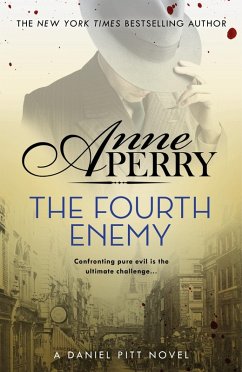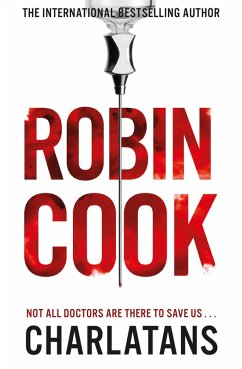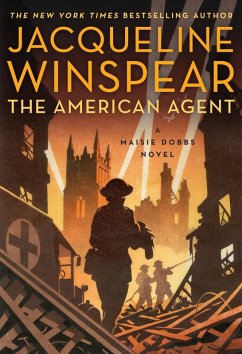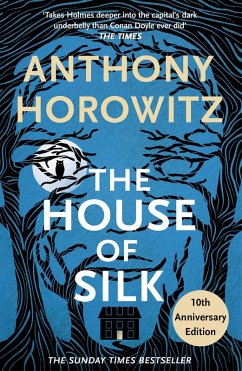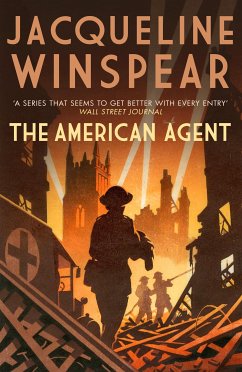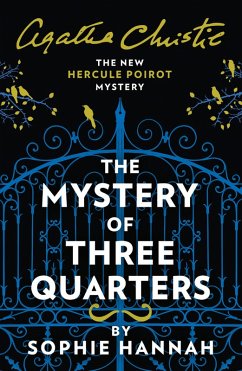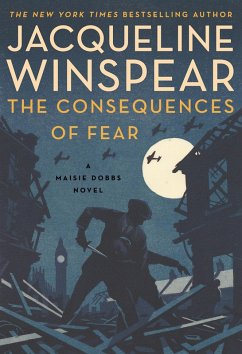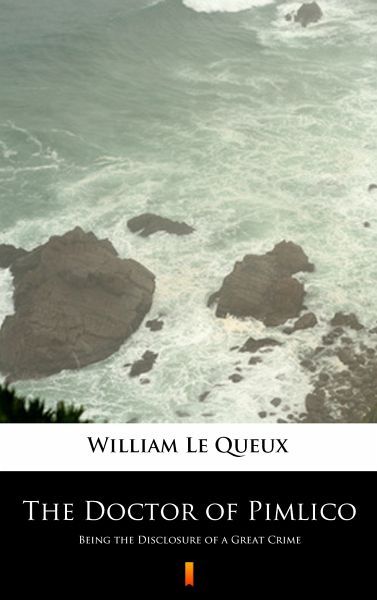
The Doctor of Pimlico (eBook, ePUB)
Being the Disclosure of a Great Crime
Versandkostenfrei!
Sofort per Download lieferbar
0,90 €
inkl. MwSt.
Weitere Ausgaben:

PAYBACK Punkte
0 °P sammeln!
A grey, sunless morning on the Firth of Tay. Across a wide, sandy waste stretching away to the misty sea at Budden, four men were walking. Two wore uniform-one an alert, grey-haired general, sharp and brusque in manner, with many war ribbons across his tunic; the other a tall, thin-faced staff captain, who wore the tartan of the Gordon Highlanders. With them were two civilians, both in rough shooting-jackets and breeches, one about forty-five, the other a few years his junior.
Dieser Download kann aus rechtlichen Gründen nur mit Rechnungsadresse in A, B, BG, CY, CZ, D, DK, EW, E, FIN, F, GR, HR, H, IRL, I, LT, L, LR, M, NL, PL, P, R, S, SLO, SK ausgeliefert werden.




